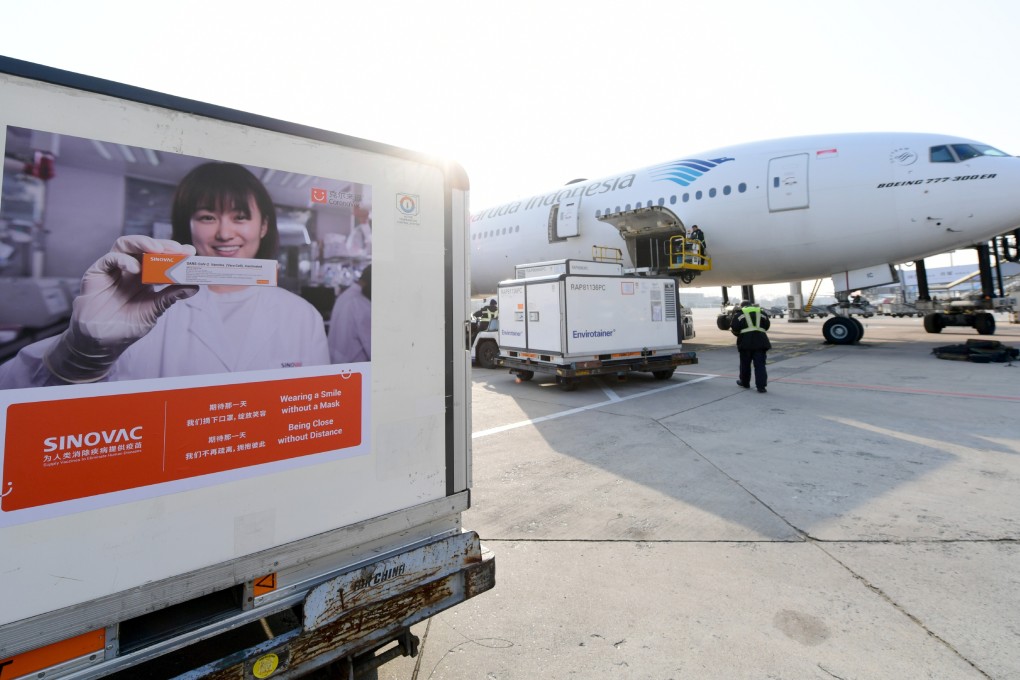Why China’s vaccine diplomacy shouldn’t be a high-profile charm offensive
- China’s lacklustre soft power rankings and the fact that Covid-19 vaccines are a new frontier in public health mean it should dish them out quietly
- Surely Beijing has not forgotten the backlash earlier this year when defective Chinese-made medical equipment was rejected by coronavirus-hit countries

In a recent commentary for Bloomberg, Hal Brands, the Henry Kissinger Distinguished Professor at Johns Hopkins University’s School of Advanced International Studies, pointed to academic work suggesting that the US still has an edge over China, including on soft power – although this does not mean Washington can rest on its laurels.
Monocle, the global affairs and lifestyle magazine, ranked Germany, South Korea, France, Japan and Taiwan in the top five positions in its soft power index in its current edition. China was conspicuously absent.
The London-based publication said even though China’s economic might has helped it in building influence around the world, the country did not make the list as “distrust of its government and concern over the consistent bullying of its neighbours has translated into a very precarious kind of soft power.”
